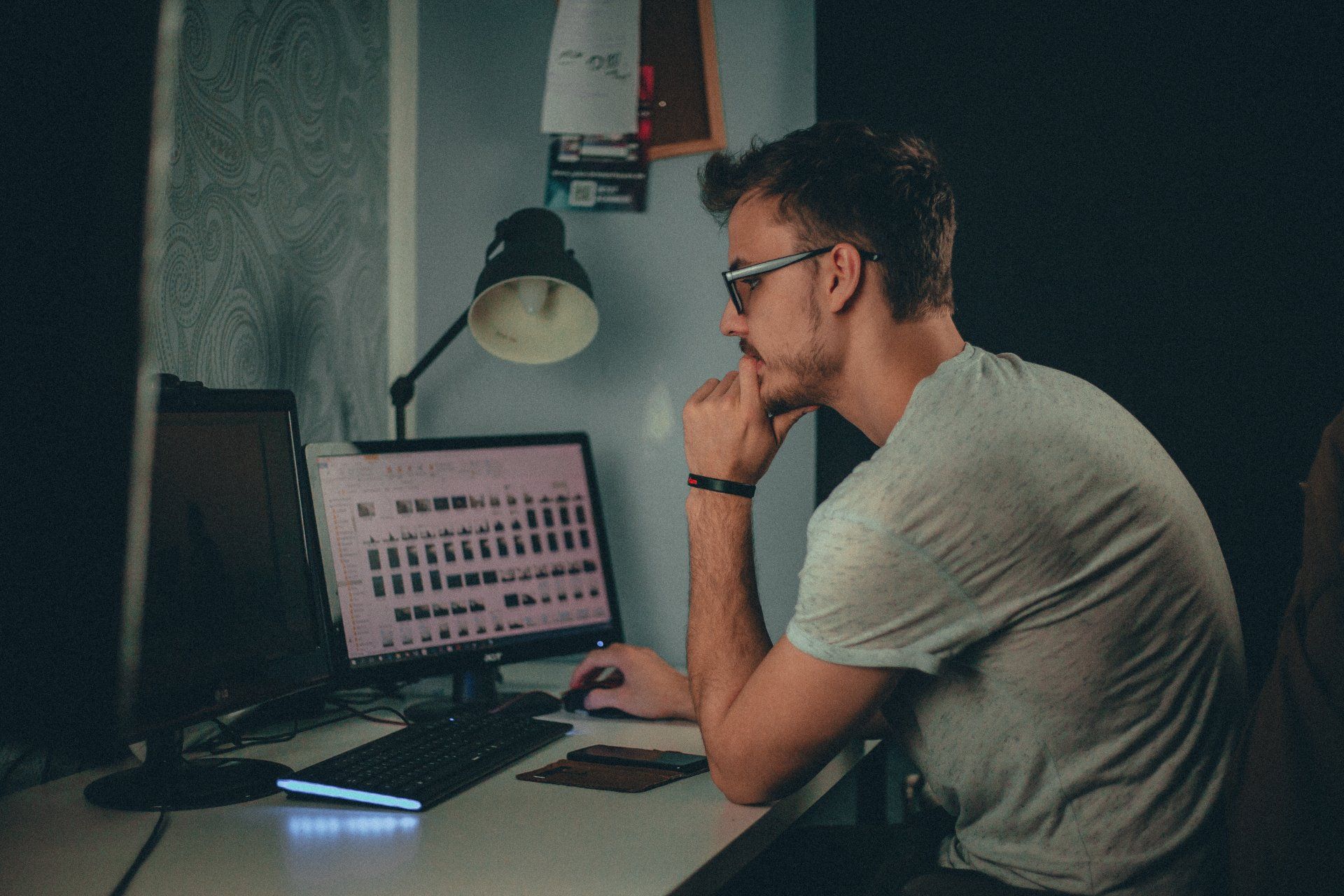COPYRIGHT PROTECTION AND INFRINGEMENT DALLAS
Our experienced software litigation attorneys prosecute and defend software infringement in federal court and state court.
COPYRIGHT PROTECTION SERVICES
Defending Your Copyright
A copyright is an ownership right that automatically vests when creating an original work of authorship – like a literary work, song, movie, or software. Your ownership rights include the exclusive right to reproduce the work, to prepare derivative works, to distribute copies, and to perform and display the work publicly. These exclusive rights provide strategic and economic value for your business and as such, our copyright attorneys can assist you with protecting those unique rights. Our Dallas copyright attorneys assist with securing , retaining , and enforcing the exclusive rights in and to your copyrighted works. How To Collect Attorney Fees In Copyright Cases
What Rights Are Being Protected In A Copyright?
A copyright grants you two basic rights, which need to be protected: (i) economic rights and (ii) moral rights. Economic rights are just that, the economic right to earn money from your work. If you create a copyrightable work, you have the right to demand and receive compensation from anyone who uses it directly or through copyright licensing. Moral rights are your rights to advertise the fact that you created the work and that work cannot be altered unless you approve it.
In addition to protecting your economic and moral rights, our intellectual property attorneys also assist with protecting your intellectual property and copyrightable works in other ways:
- Copyright registration and counseling for technology companies and authors of creative works;
- Negotiating and preparing copyright related agreements, such as software, database, hardware, technology, and procurement;
- Advising on international software distribution and sales representative agreements;
- Representing your business in copyright disputes;
- Acting as outside general counsel to your company;
- Counseling on the commercialization of your business and copyrights; and
- Counseling businesses on matters related to the protection of intellectual property rights over the Internet.
What Is A Collective Copyright?
A collective copyright work is created when multiple authors contribute to work without intending to create an interdependent whole, such as periodical or anthology. Unlike a collaborative work, authors of a collective copyright work are not joint authors of the whole work, and individuals retain their copyright ownership to their individual contributions. It is important to note that if a copyright is a collaborative work and not just a collective work, each copyright owner of the collaborative work will owe compensation to each owner for any paid use. Our copyright attorneys advise on collaborative versus collective copyrighted works as well as the protection and enforcement of copyright rights.
Additional Copyright Protection Focus
What Does A Copyright Not Protect?
Not all types of works are copyrightable. For instance, the U.S. Copyright Office will not register works produced by a machine or mechanical process that operates randomly or automatically without any creative input or intervention from a human author. That would include x-rays, ultrasounds, magnetic resonance imaging, or other diagnostic equipment. Other examples of works that are not copyright-able are the following:
- Ideas, procedures, methods, systems, processes, concepts, principles, or discoveries;
- Works that are not fixed in a tangible form (such as an unwritten or recorded choreographic work or improvisational speech);
- Titles, names, short phrases, and slogans;
- Familiar symbols or designs;
- Mere variations of typographic ornamentation, lettering, or coloring; and
- Mere listings of ingredients or contents.
Protecting Your Work Through Copyright Protection
As with trademarks and patents, copyright litigation is centered on infringement and violation of the copyright holder's rights. However, copyright litigation can be particularly complex and involved due to the fact that it is not necessary for the copyright to be registered for an infringement to have occurred (although the copyright must be registered before an infringement suit can be initiated, nonetheless the complained of infringement can have occurred before said registration). Hence, much of a copyright infringement suit can revolve around establishing and proving one's right to the copyright. Copyright infringement suits can become further complicated by the criminal charges that can be attached in certain circumstances. For these reasons, when contemplating a copyright infringement suit, it is important to contact an attorney with extensive experience in intellectual property law as well as experience in criminal law to assist you to establish your right to the copyright affirmatively and advising you as to what remedies to pursue. For more information on
copyright litigation
, please click on the link.
CLIENT MATTERS
5,000+
YEARS OF SERVICE
25+
Award Winning
Recognized in the legal industry as dedicated board-certified lawyers and Rising Stars.
Expert Team
Your project will be handled by legal experts every time. You will have the most experienced attorneys working for you.
Quality Representation











